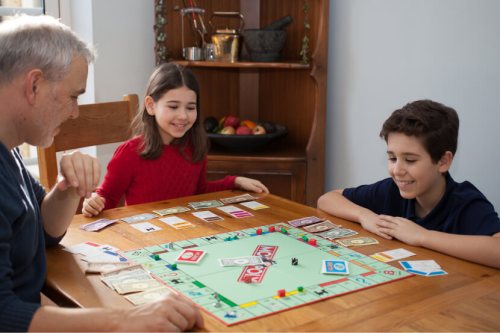FAQ
Research shows that Canadian teens who talk about finances with their parents, even once a week, score higher on financial literacy than those who didn’t. This is important because it helps give teens confidence to make responsible financial decisions. And those skills will serve teens as they enter adulthood.
The five components of financial literacy for kids and teens include earning money, spending wisely, saving and investing, borrowing money, and protecting themselves from fraud.
Teaching kids about financial literacy can start at home with open communication. It doesn’t have to be a structured conversation, either. Use teachable moments that come up every day to talk to your kids about money and finances. Kids are curious and may lead the way. Show younger kids how to use an ATM machine, discuss with your teen the cost of ticket prices to see their favourite performer, share your kid’s love of Roblox and talk about virtual currency.
Kids can understand the basic concept of money by the age of three, and a recent study by the University of Cambridge showed that kids form money habits as early as the age of seven. Start by introducing basic money concepts when kids are young, such as wants vs. needs and understanding what money is used for. Financial books for kids and teens are another great resource to help kids understand money.











